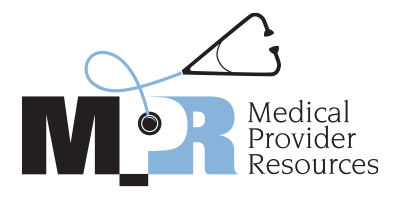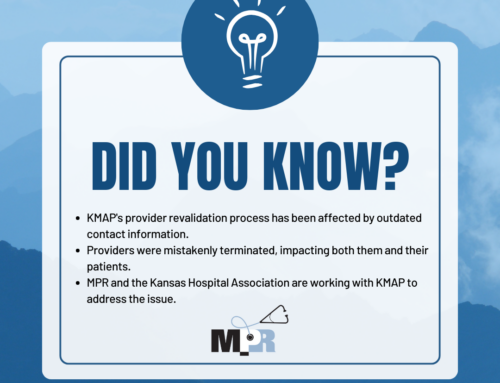The DEA Controlled Substance Act (CSA) regulation dates back to January 2, 2007, so this is not a new regulation by any means, but yet something that continues to require interpretation. The current regulations are all about three words, dispensing, administering and prescribing. So keep these three words in mind as we dig in a little deeper.
 The Drug Enforcement Administration (DEA) amended its registration regulations to make it clear that when an individual practitioner practices in more than one state, he or she must obtain a separate DEA registration for each state. This amendment was issued to make it easier for practitioners to understand the requirements of the Controlled Substances Act (CSA) and its implementing regulations.
The Drug Enforcement Administration (DEA) amended its registration regulations to make it clear that when an individual practitioner practices in more than one state, he or she must obtain a separate DEA registration for each state. This amendment was issued to make it easier for practitioners to understand the requirements of the Controlled Substances Act (CSA) and its implementing regulations.
As mandated in the CSA, DEA issues registration based on the state license to practice medicine and dispense controlled substances can be found in Section 823(f) of Title 21, US Code. This code states the DEA shall register a practitioner to dispense controlled substances if the applicant is authorized to dispense controlled substances under the laws of the state in which the applicant practices. Think of it this way, just as a license to practice medicine in one State does not authorize a practitioner to practice in any other State, a DEA registration based on a particular state license cannot authorize dispensing controlled substances in another State. This entire paragraph is about the word dispensing.
Now let’s talk about prescribing. Why is it so important? Because linking the DEA registration to state authority allows pharmacies to rely on the DEA registration to determine whether the prescriber is authorized to issue a controlled substance prescription in the State. This is particularly beneficial for pharmacies. If the DEA registration was not based on authority from a specific State, the burden on pharmacies to verify the eligibility of practitioners to authorize prescriptions would increase significantly. So, the rule that we initially discussed in our opening was effective January 2, 2007, and makes it clear that when a practitioner practices in more than one state, he/she must have a separate DEA registration for each State.
The Controlled Substance Act (CSA) states that a separate registration shall be required at each principal place of business or professional practice where the applicant manufactures, distributes or dispenses controlled substances. BUT wait! There’s more. In the Code of Federal Regulations (CFR), the DEA states that there is a limited exception to the separate registration. If a practitioner works in separate locations within the same state and only prescribes and does not administer or dispense controlled substances, then he/she does not need a separate registration for each location!
In addition to these requirements, the DEA has recently added a requirement to update the state board license to the DEA website upon renewal. The theory is to prevent a physician or other provider type to gain a DEA license without first having a current state board license.
My final thoughts, if a provider comes to your hospital with a DEA that has another state listed on the address and that same practitioner intends to prescribe medication to your patients, make certain he/she obtains a DEA with an address in your state. If the provider has a state DEA at another location and only wants to prescribe medications (not dispense or administer or otherwise) then he/she does not need to obtain a separate DEA registration.



